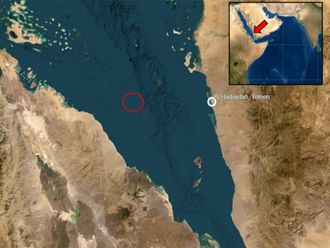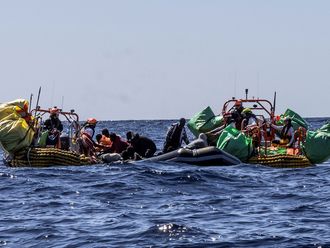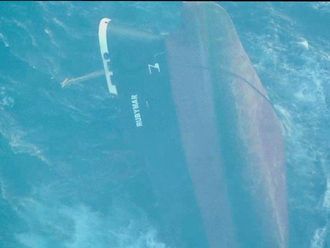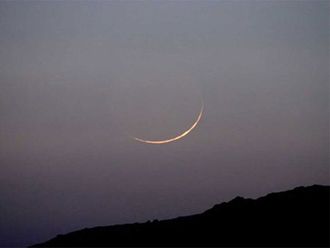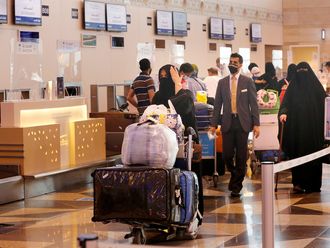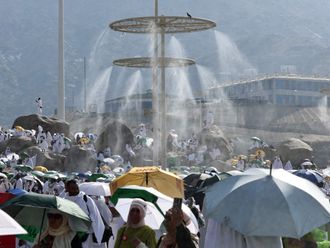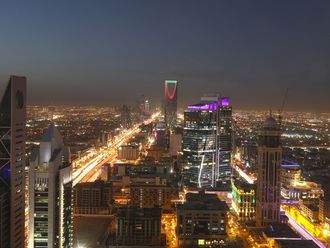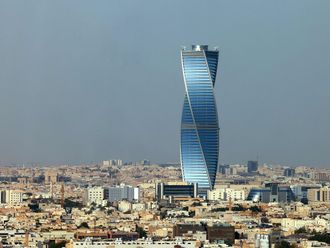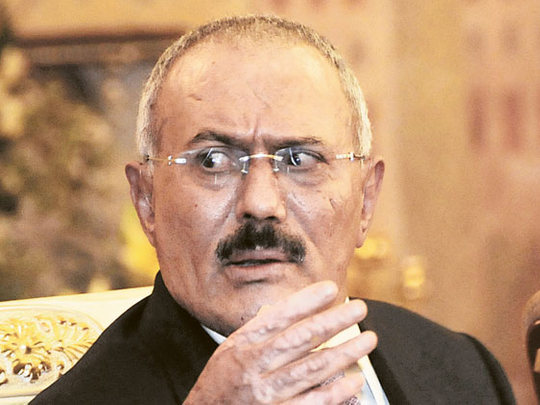
Sana'a It was a stunning attack by Al Qaida in a country that is one of the world's hottest fronts against the terror group.
Militants rampaged through an army camp in southern Yemen before dawn, catching soldiers asleep and killing more than 180. Amid the turmoil, the defence minister ordered helicopters to evacuate the wounded.
The air force commander, Mohammad Saleh Al Ahmar, refused, according to a senior official at the main air force base in Sana'a.
Notably, Al Ahmar is a half brother of former leader Ali Abdullah Saleh. Many in the military and government say the refusal last week is one example of how Saleh is working behind the scenes to obstruct the new US-backed government as it tries to bring reform and step up the fight against Al Qaida in this Arab nation.
Saleh was the fourth ruler to fall in the Arab Spring wave of revolts in the Mideast, stepping down in the face of protests after more than three decades in power. But while he's no longer president, he has effectively emerged as a parallel ruler: His loyalists and relatives still pervade state bodies and military, and officials who back the new government say he uses those levers to persistently undermine them.
For Saleh's return to power
The goal, they fear, is to pave the way for Saleh to return to power by showing the new government is incapable of dealing with the country's multiple problems. Saleh has set up an office in the giant, extravagant Sana'a mosque that he built during his rule and that bears his name, just around the corner from the presidential palace. There he meets with his loyalists and powerful tribal leaders who back him.
The result is constant friction between Saleh's supporters and the new president, Abd Rabbo Mansour Hadi.
The Americans hope Hadi can reinvigorate the fight against Al Qaida, which many Yemenis say Saleh's military waged only halfheartedly. Al Qaida's branch here is seen by Washington as the most dangerous arm of the terror group after repeated attempts to carry out bombings on American soil. It only grew stronger during the past year's turmoil, when militants seized control of several towns in the south, including Zinjibar, a provincial capital. US officials say the Pentagon plans to assist Hadi with about $75 million (Dh275 million) for military training and equipment. After talks in Sana'a last month, President Barack Obama's top counter-terrorism adviser, John Brennan, said Hadi was "committed to destroying Al Qaida."
Reforming
But Brennan acknowledged Hadi could face resistance in reforming an army that is seen as hobbled by corruption and divided loyalties. He said some in the military "have tried to take advantage of their positions for personal gain." Restructuring the military, he told reporters, "threatens their personal interests."
One of Hadi's first acts after being sworn in February 25 was to order the removal of the top military commander in the south, Gen Mahdi Maqoula, a Saleh loyalist. Officers complained that Maqoula was hindering supplies to forces fighting militants.
But Maqoula remained in his position for another week, several military officials in the south said. During that week, ammunition and weapons from a military storehouse in the south disappeared, apparently smuggled out and sold, the officials said. A supply of sophisticated sniper scopes vanished, they said, blaming Maqoula and his fellow officers for the theft.
Sana'a (AP) After nearly a year of protests against his authoritarian rule, Saleh handed over his powers in November to Abd Rabbo Mansour Hadi, his vice-president, under a US-backed agreement. Saleh left the country for medical treatment in the US, raising opponents' hopes he would live in exile. The prime minister appointed by Hadi, Mohammad Basindwa, pleaded with Brennan to ensure Saleh stayed out, warning his return "means another war."
But days after Hadi was elevated to president in February elections, Saleh returned and vowed to remain involved in politics as an "opposition leader."
Now authority is divided. Members of Saleh's National Congress Party remain in ministerial posts in the unity government. Saleh's son, Ahmad, heads both the powerful Republican Guard and special counter-terrorism forces. One of Saleh's nephews, Yahia, heads the Central Security forces, and another nephew, Ammar, is the intelligence chief. Saleh supporters control the government Al Thawra newspaper and others have resisted efforts to restructure state television, giving the ex-president a powerful platform.
"Our people will remain present in every institution," Saleh proclaimed in a speech from his mosque. "Two months have passed since this creation of this weak government, which doesn't know the ABCs of politics."


